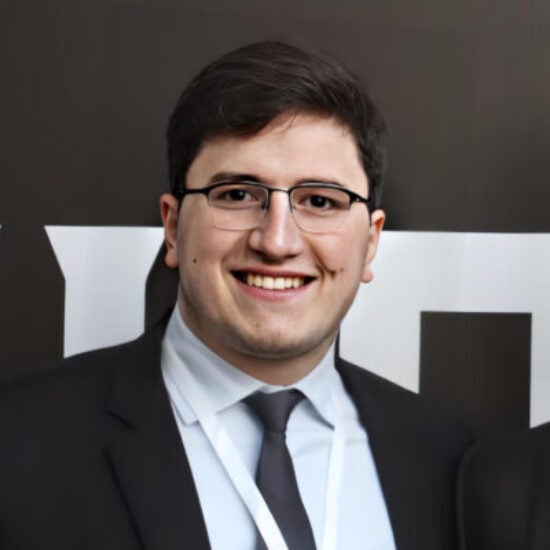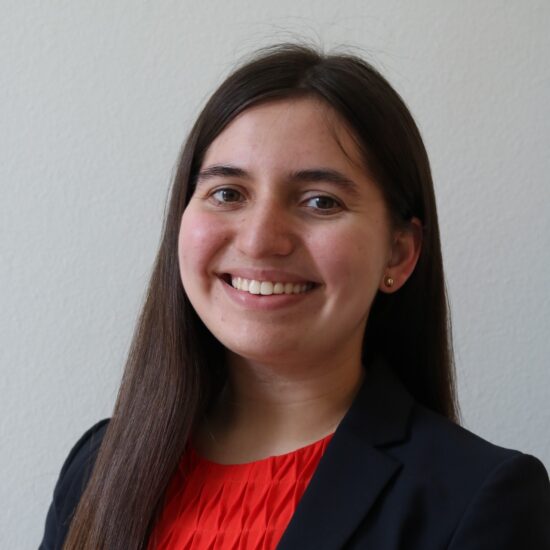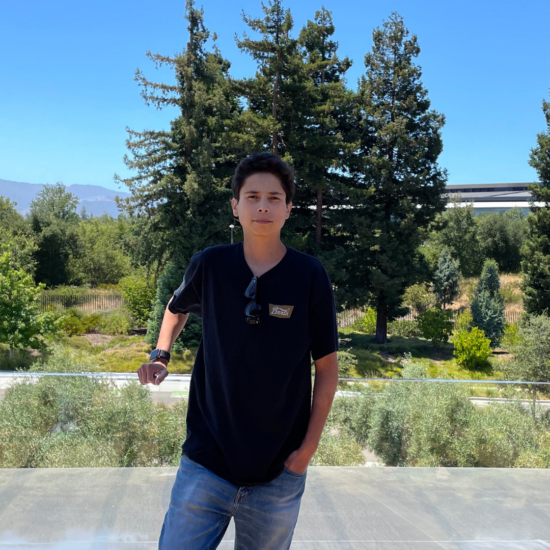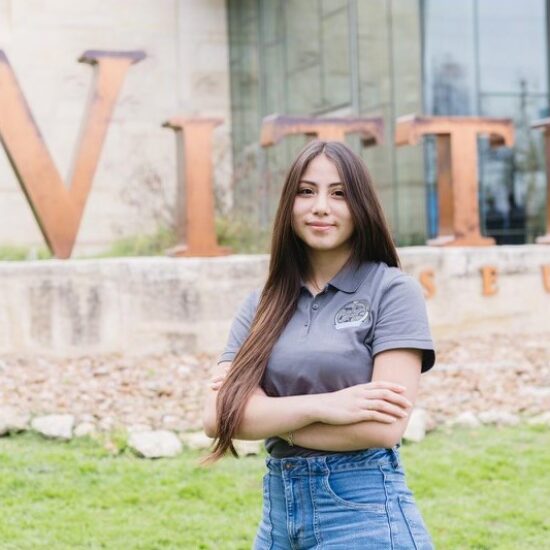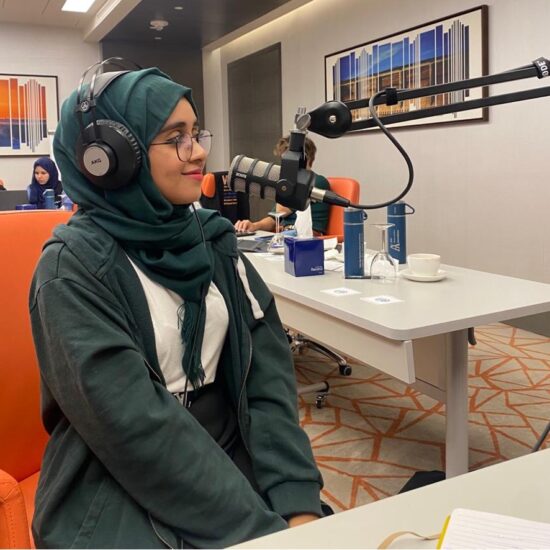 Wail, a recent graduate from Larbi Ben M’hidi University in Algeria, heard about FIU’s Virtual Tabadul from a professor and was one of the first students to participate from his university. Excited to join an international project focused on language learning, he opted into the program as a master’s student. “During my first four years [in] university, I didn’t participate in any international projects like this, so as soon as I heard about this program, I jumped into it.”
Wail, a recent graduate from Larbi Ben M’hidi University in Algeria, heard about FIU’s Virtual Tabadul from a professor and was one of the first students to participate from his university. Excited to join an international project focused on language learning, he opted into the program as a master’s student. “During my first four years [in] university, I didn’t participate in any international projects like this, so as soon as I heard about this program, I jumped into it.”
The Tabadul program merges language learning with virtual reality technology, which has shifted Wail’s ideas about teaching languages. Connecting virtually with his partner throughout the program highlighted just how beneficial and crucial technology can be for learning. This sparked a larger goal for Wail: to establish a school that values technology as an aid for learning and academic advancement. He saw a need for more schools to take advantage of technology and utilize it for learning, so he made it a goal to one day implement this after he graduated.
Wail found himself working towards this goal while completing his studies. Now, a recent graduate, he has made headway in the establishment of a private language learning school in Algeria. The school is set up so that technology is adopted in the classroom, with different tools available for learners’ use. Tools include screens, computers, speakers, tablets, headphones, and Google cardboards so that students can access real cultural spaces via virtual reality for English language learning and cultural exchange, just as Wail did with Virtual Tabadul. Wail is working to establish partnerships with American and British schools to provide opportunities for learners to build communications skills through direct interaction with other young people in different countries.
